Is Red Meat Healthy?
There are many times Craig and I answer the same questions over and over. We do not mind; we love helping people get healthy. We are so trained to believe certain things with the media repeating it over and over, it just seems like it’s a fact. One thing that really gets us fired up is when people are misguided by the media and their doctors that meat is unhealthy and causes cancer, which couldn’t be further from the truth.
To understand where this misconception of Red Meat being unhealthy comes from you have to understand the types of studies that show this supposed link. These studies are called observational or epidemiology studies. We see these studies cited all the time in the media and they report it as though it is fact.
Then there is the absolutely absurd studies; such as THIS study with the headline “Eating red meat and processed meat hikes heart disease and death risk”. They found eating two servings of red meat, processed meat or poultry — but not fish — per week was linked to a 3 to 7% higher risk of cardiovascular disease.” Remember, anything less than 200-300% correlation isn’t even worth considering for causation due to the nature and flaws of this type of study. But with a 3% correlation they don’t say “minuscule or irrelevant”, no they go on to state “It’s a small difference, but it’s worth trying to reduce red meat and processed meat like pepperoni, bologna and deli meats,” said senior study author Norrina Allen, associate professor of preventive medicine at Northwestern University Feinberg School of Medicine. “Red meat consumption also is consistently linked to other health problems like cancer.” So instead of stating the truth, that this level of “correlation” is meaningless, they double down and state that meat causes cancer anyway as if that was just a fact.
Here is an example of a food frequency questionnaire commonly used in this type of study.
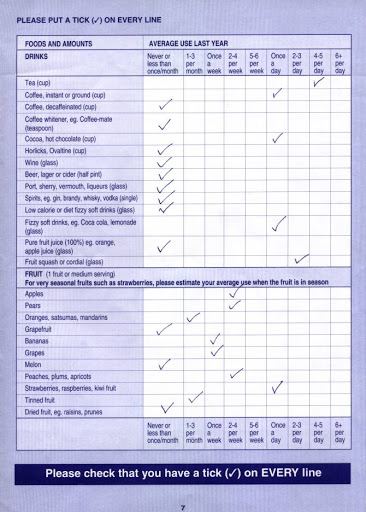
You are asked to fill in for each food how often in the last year you have eaten it. First, you will notice there isn’t a “I can’t remember”. You are forced to answer for each food if you remember or not. Second, how accurately can you remember what you ate over the last year? This is why the threshold for finding possible correlations is so high. If it isn’t 200-300% or more, it could as easily be user error or confounding factors, not causation. And that brings us to the confounding factors. There is no distinction between grass fed beef or the soy filler and junk filled fast food burgers. They are all included in beef. Also, there is no separation for the bun or ketchup. So, your answers for hamburger, is it the beef or the gluten-filled bun and sugar-filled ketchup slathered on it that was the issue?
Another huge issue with this type of study is healthy user bias. For example, was the person that ate more beef (think average McDonald’s customer) also more likely to smoke, not exercise, and have unhealthy stress level and so on? Compared to someone that is eating vegetarian and thus more likely concerned about their health and taking other actions like not smoking, doing yoga and working out? This is a bias that will be embedded in all of these types of studies that you can not factor out.
These types of studies are filled with confounding factors, error, healthy user bias and other things that can make the results questionable, even if the correlations are 200-300%. But the studies commonly cited for meat causing cancer don’t even come close to this level of correlation. Most are in the 15-30% range, making the results meaningless. But they aren’t reported that way in the media. It gets reported as fact that meat causes cancer.
But even with all these confounding factors, as you will see below, the evidence is little to none that beef actually causes cancer or other health issues.
DOES MEAT CAUSE CANCER?
Let’s look at red meat and cancer. What is the evidence? One of the big studies pointed to as “evidence” is called the China Study (the study the movie “Forks over Knives” was primarily based on). The China Study was a large study done in 65 counties in China, and 6,500 adults. It is an epidemiology study. Participants were given food frequency questionnaires as described above.
Denice Minger has done an exhaustive analysis HERE of this study showing all its flaws. She also shows using their own data how, many times, if you look for other factors like grains you find even stronger correlations. She also finds contradicting evidence to their claims on meat, right in their own data. This brings up another good point. That is the motivations behind the researchers (or those funding them), or in this case, the motivation of Thomas Campbell, the man who wrote the best-selling book about it. You aren’t going to find what you aren’t looking for. If you are searching for correlations of meat to cancer, you might find some in this type of data. But what about sugar, grains or other correlations. If you aren’t looking for them, you won’t find them.
Here is an example. Denise took the raw data from this study and looked for the correlation of wheat consumption and cancers. The results are much greater than any of the red meat correlations.
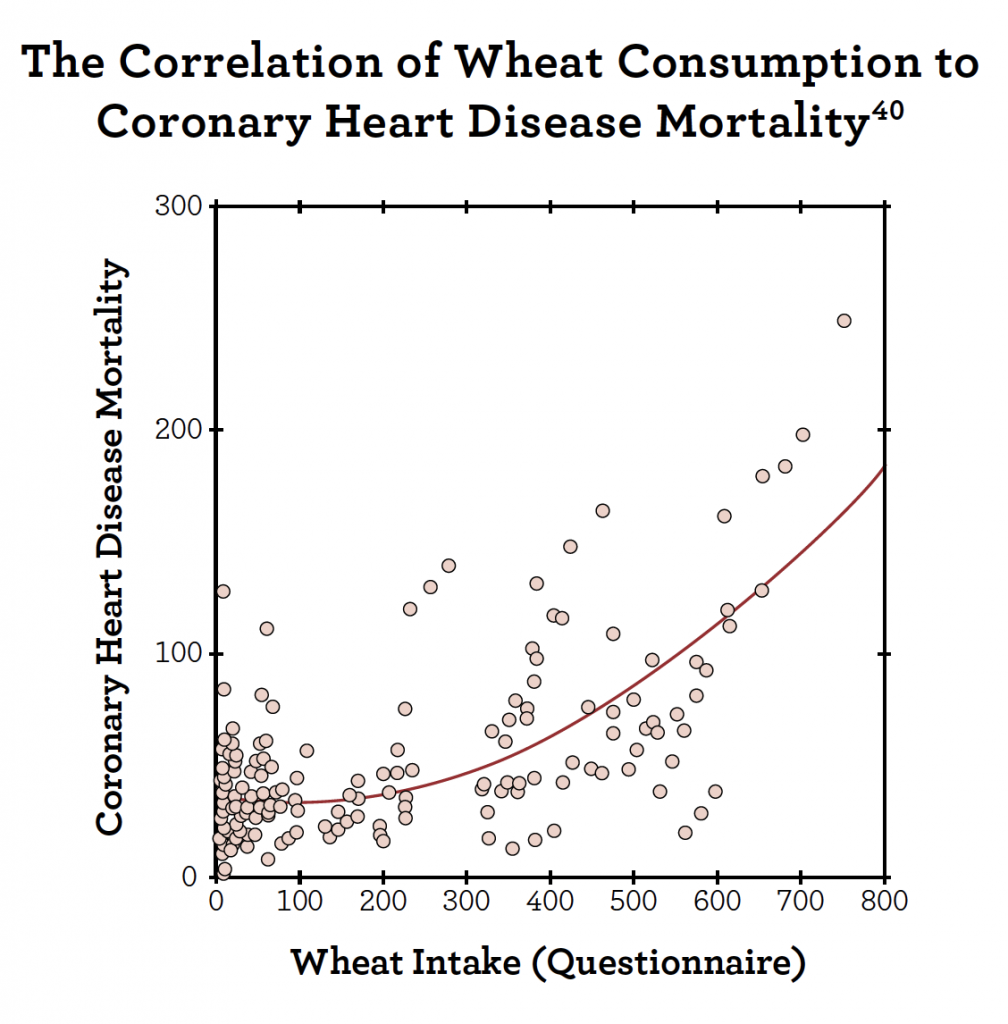
This chart is from the China studies own data (put together by Denise Minger in the above link). As you can see wheat has a huge correlation to heart disease. As Denise summarizes,
“Why does Campbell indict animal foods in cardiovascular disease (correlation of +1 for animal protein and -11 for fish protein), yet fail to mention that wheat flour has a correlation of +67 with heart attacks and coronary heart disease, and plant protein correlates at +25 with these conditions?
Speaking of wheat, why doesn’t Campbell also note the astronomical correlations wheat flour has with various diseases: +46 with cervix cancer, +54 with hypertensive heart disease, +47 with stroke, +41 with diseases of the blood and blood-forming organs, and the aforementioned +67 with myocardial infarction and coronary heart disease? (None of these correlations appear to be tangled with any risk-heightening variables, either.)
Why does Campbell overlook the unique Tuoli peoples documented in the China Study, who eat twice as much animal protein as the average American (including two pounds of casein-filled dairy per day)—yet don’t exhibit higher rates of any diseases Campbell ascribes to animal foods?”
So is the meat the problem? Or the bun that came with it? There are other studies with weak correlations that exhibit the same flaws. Just keep in the back of your mind the researchers filter for these types of studies. If the correlation is less than 200-300% in a epidemiology study (food frequency surveys), it isn’t even worth looking into further for possible causation.
A quick google search and you will find many. I did this and found THIS one, which claims red meat increases colon cancer risk. The results, 20% increase. Well below the 200% threshold and was it the meat of the wheat in the bun that caused the increase? And who funded the study? Livestock, Environment and People (LEAP), an organization promoting vegetarian diets. Again, if you are looking for a correlation in these types of studies, you will probably find it. But if you looked for correlation to say, wheat or sugar, would you get the 200% you are looking for? My guess is yes, but they aren’t looking for that in these studies, just trying to demonize red meat. Chris Kresser does a good job of breaking down the flaws in these studies like he does HERE for another study that made the rounds in the media.
Finally, there was an analysis recently done on all the existing data and studies on meat and cancer. You can read it HERE. They analyzed 24 articles and 12 randomized trials (these are the gold standard of studies where things are controlled, unlike epidemiology) and found that red meat had little or no effect on all cause morality. Here is their summary of the best existing data we have on meat and its link to health.
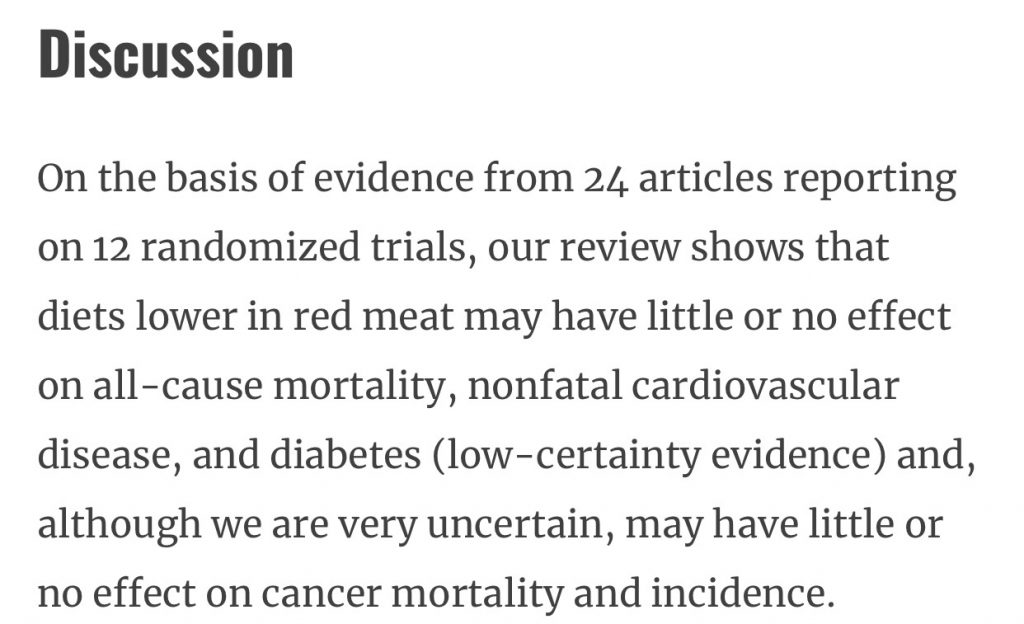
Little to no effect on all-cause mortality, nonfatal cardiovascular disease and diabetes. And may have little or no effect on cancer mortality and incidence. The evidence just doesn’t support the claims made. CLICK HERE for more information on why eating meat is healthy.
Summary
Epidemiology can have its place if it is used as it is intended. Find 200-300% correlations to determine what we should do proper controlled trials on to look for causation. But today we find weak correlations confounded with numerous issues that get stated as if it is a fact that eating a beef means you get 20% increase in cancer risk later in your life. That isn’t how this type of study is supposed to work. It is a tool to find areas to look into deeper IF there is strong correlation, which none of these “beef causes cancer” studies have ever shown.
All plants have issues that can cause people problems. People with depressed immune function or metabolic issues can be even more sensitive. I believe that is why Carnivore can be so helpful for those people. It allows the body to heal by putting less burden on it to detox and deal with these compounds it doesn’t want. Plus, healing is about getting enough protein (which you will with carnivore) and enough vitamins and minerals to enable your body to heal and rebuild. Some plants to rob the body of these nutrients. Animal proteins are some of the most nutrient dense foods you can eat which gives the body what it needs to heal.

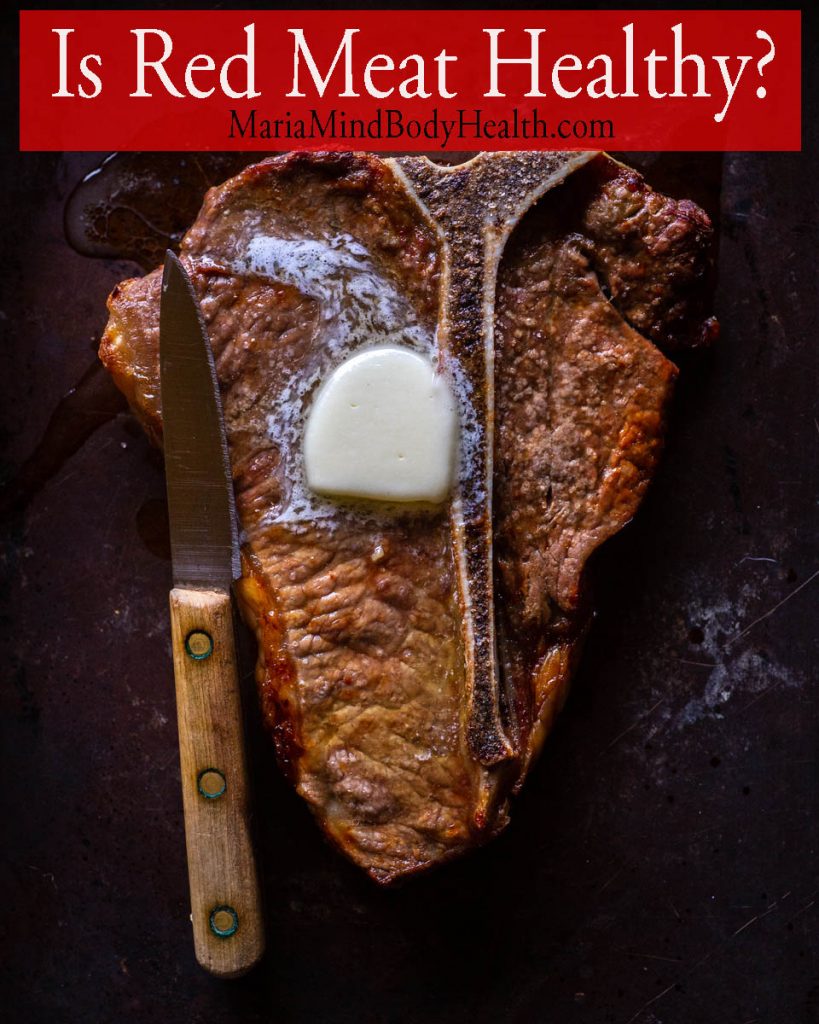
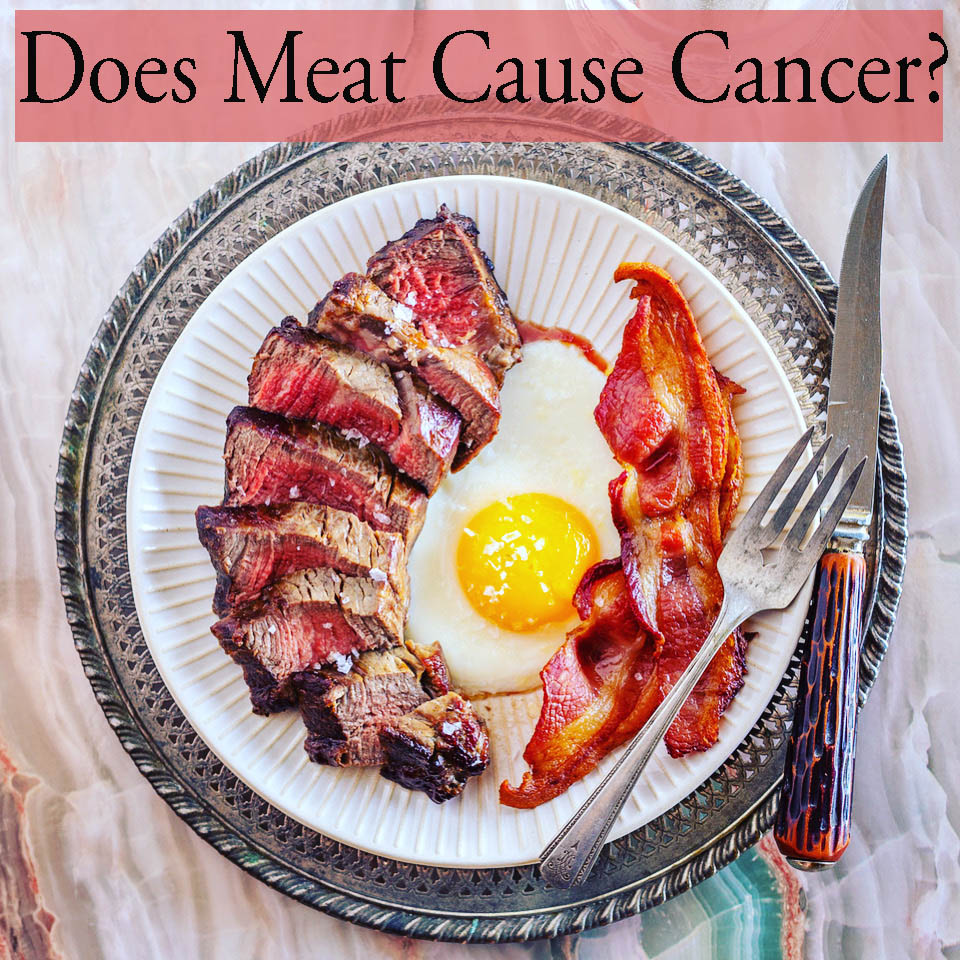
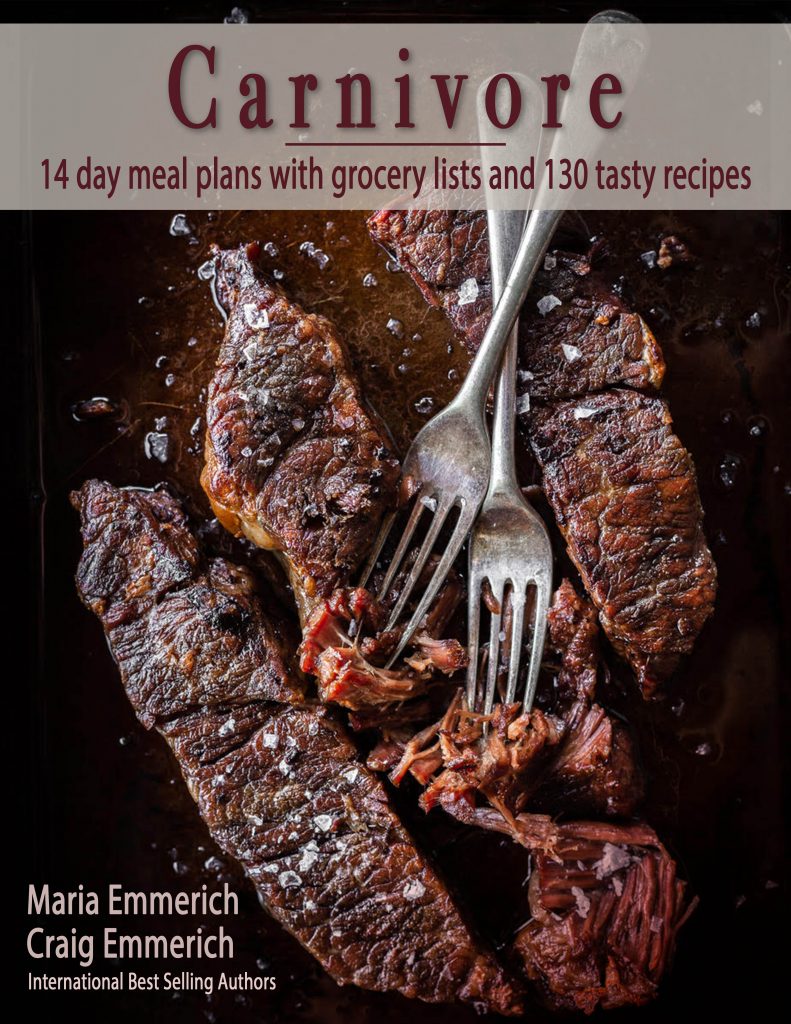
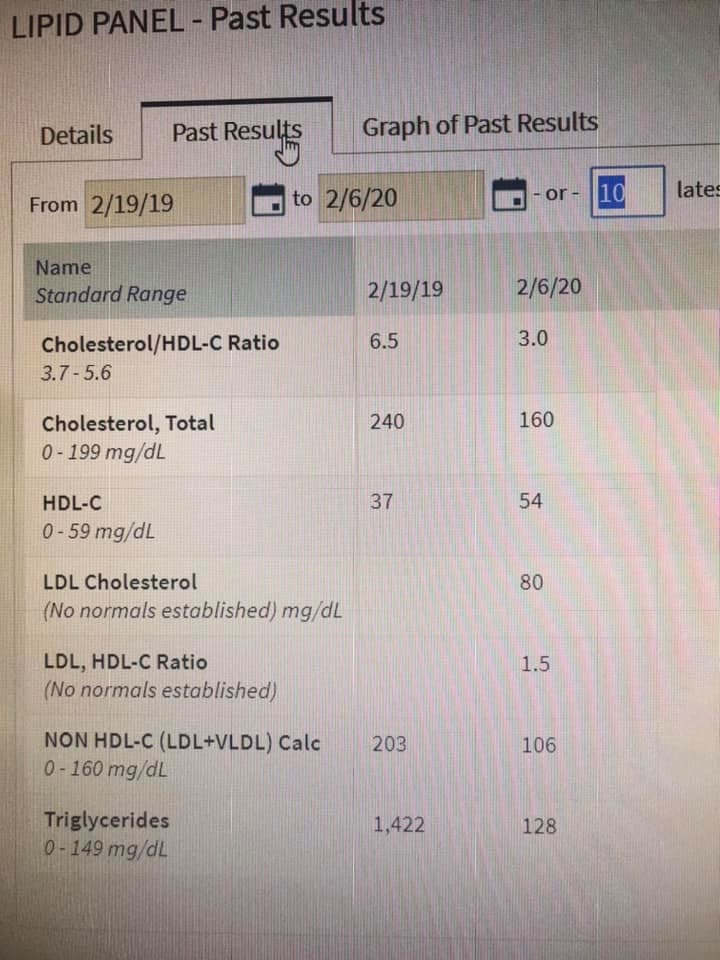
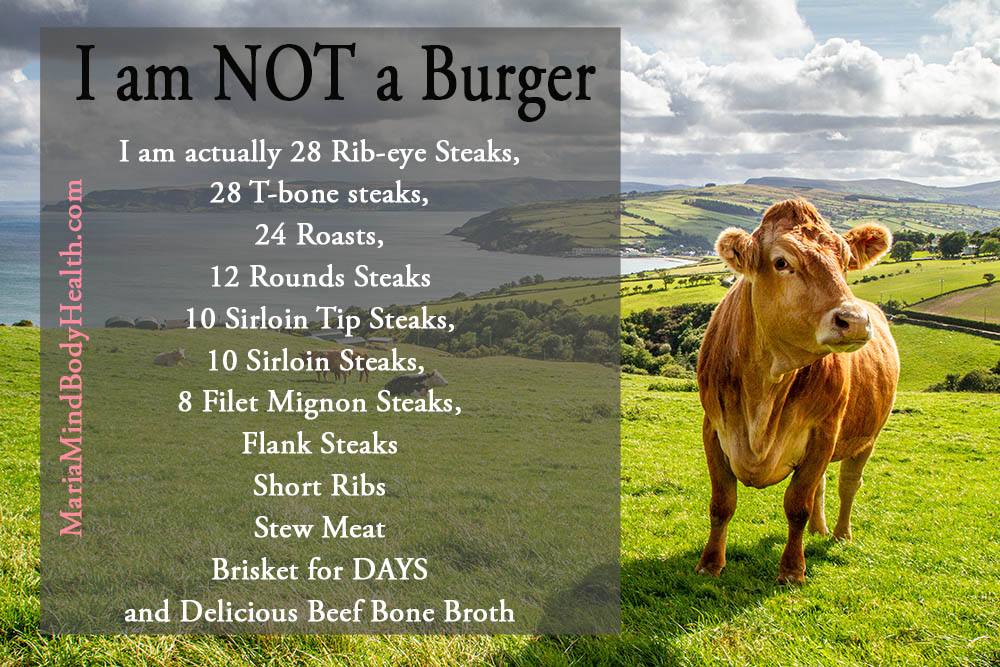



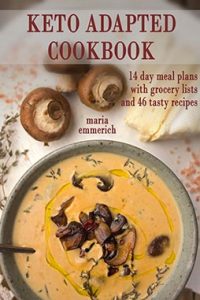

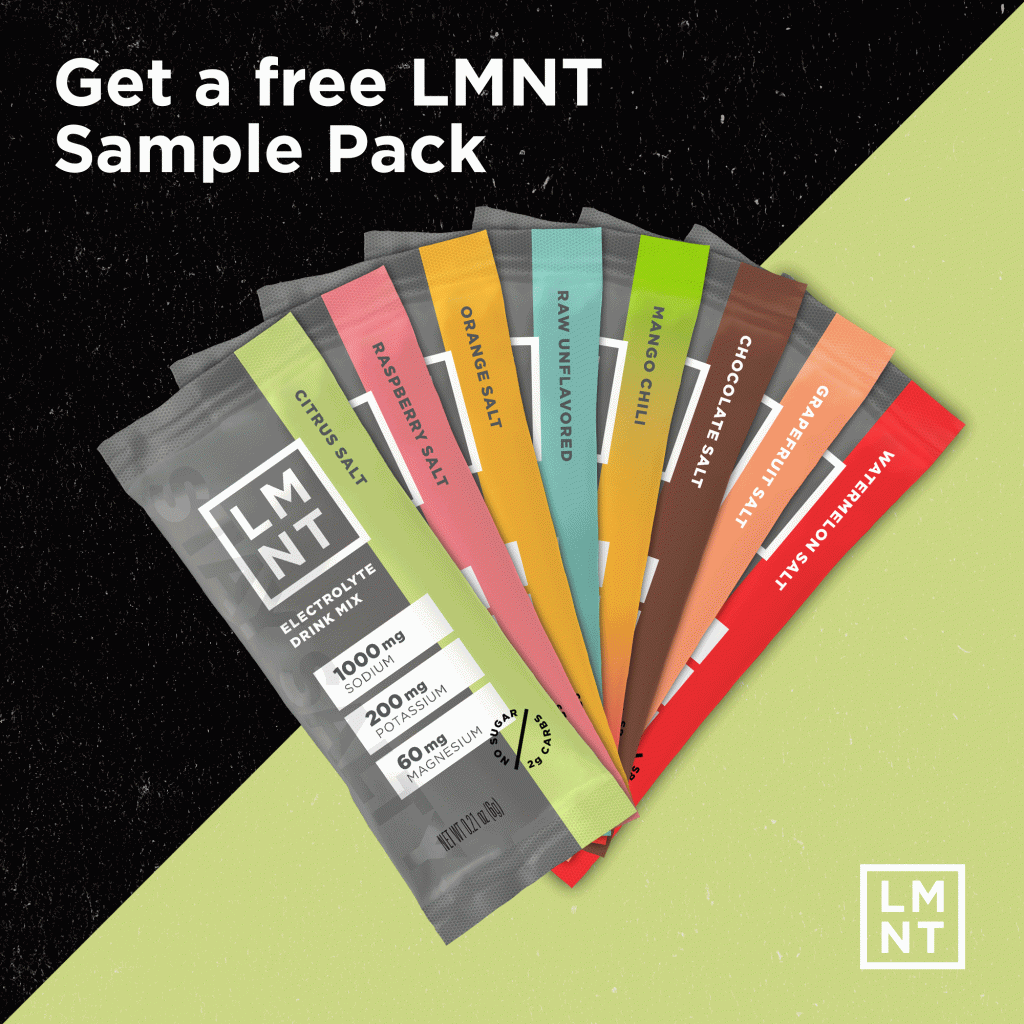
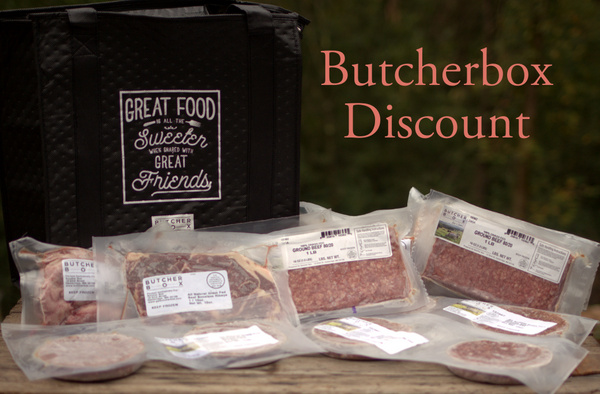

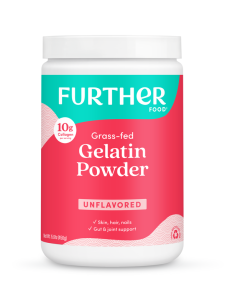




Thank you for pointing out in detail the flaws in many of these popular statistics. But what about eating just regular beef, bacon, and pepperoni? Does is need to be grass-fed? I have seen other keto sites talk about the importance of grass-fed products, yet it is so expensive for our family the way we eat around here… Thank you for your continued work in all of this!
We always tell clients to buy the best quality they can afford. Thanks! 🙂
Thanks so much Maria and Craig, for sifting through the flawed research. Being Pro Keto and Pro Carnivore these “meat causes cancer” and other erroneous “facts” often get flung back at me by well-meaning friends and family. I’ll be very glad to share this article. As I never tire of saying to them, with any research follow the money to see where the funding came from before you embrace the results. Cheers!
I understand your discussion about red meat science data and the issues with surveys. I do have a question about processesed meat. Is there a safe way to cook and eat bacon, even organic?
I actually don’t believe there is an issue with cured meats or nitrates either. Here is a good article on that.
https://chriskresser.com/the-nitrate-and-nitrite-myth-another-reason-not-to-fear-bacon/
Dear Maria, I have 4 of your cookbooks. I am planning maintenance menus, because my husband and I are (thank God) not overweight. However, now are you saying that Keto, fat bombs, etc. are not the way to better health? I will order the Carnivore cookbook, but would truly appreciate the answer to my question. Regards from a believer.
Just eat whole foods. It is healthier. Just eat fattier cuts of meat, add sauces, etc. 🙂
Thank you so much for this! I’ve been keto for 3 years and am ready to try carnivore. This will be a great article to share with anyone who gives me grief about it!
Thanks!
Hi Maria,
My husband and I have been following the Maria way for about a year now, and lately we’ve shifted to more of a carnivore focus. I’m looking for info to share with our well-meaning friends who have begrudgingly come to agree with meat’s dietary value, but still insist that vegetarianism and veganism are healthier for the planet. They mention everything from sustainability to greenhouse gasses (and despite evidence to the contrary occasionally mention arteries hardening etc, sigh…). I know you wrote about it in the Carnivore Cookbook but I’m hoping for a link to share. What do you recommend?
That is our next post on this. Should be out in a couple weeks. 🙂
A dietician once told me red meant has a protein that you can’t get from any other meat.
That is exactly what we were told on the farm as liver was served once a week. Mom said, eat your liver. Still remember it. Also, in the hospital it was served once a week like fish. 🙂